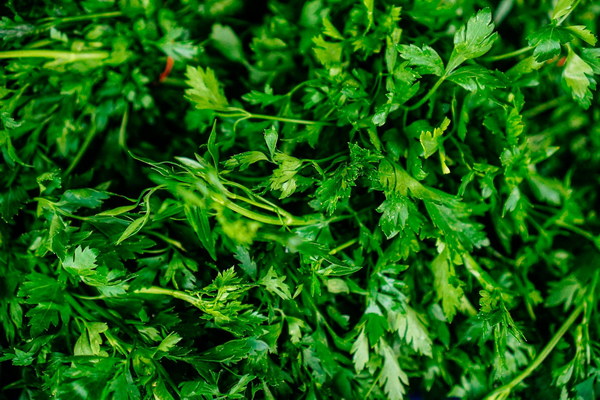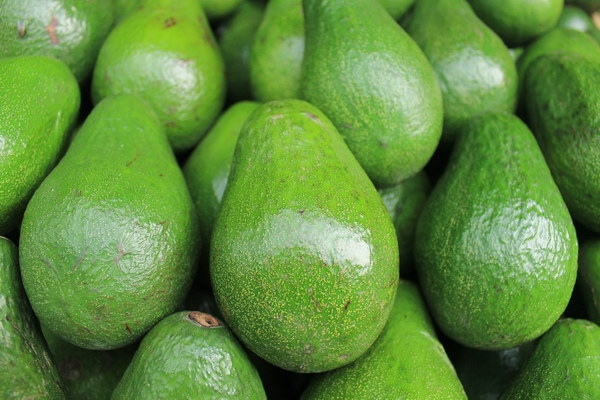Exploring Traditional Chinese Medicines for Lung Health Names and Benefits
In the realm of traditional Chinese medicine (TCM), there is a wealth of knowledge and practices aimed at promoting overall health, including lung health. The lungs play a vital role in the respiratory system, and maintaining their health is essential for a healthy body. One of the key focuses in TCM is the concept of lung Qi, which refers to the vital energy that governs the respiratory function. To enhance and nourish the lungs, various herbal remedies have been developed over centuries. This article will explore some of the most popular TCM herbs used for lung health, their names, and their benefits.
1. Ginseng (Panax ginseng)
Ginseng is a well-known herb in TCM, renowned for its adaptogenic properties. It is believed to boost the immune system and enhance lung function. This herb is often used to treat respiratory conditions such as colds, flu, and chronic bronchitis.
2. Astragalus (Astragalus membranaceus)
Astragalus is another popular TCM herb with immune-boosting properties. It is often used to treat respiratory infections, chronic lung diseases, and fatigue. This herb may also help improve lung capacity and respiratory function.
3. Codonopsis (Codonopsis pilosula)
Codonopsis is a staple in TCM, known for its ability to nourish the lungs and boost the immune system. It is commonly used to treat respiratory conditions, including asthma, bronchitis, and common colds. This herb may also help improve overall energy levels and reduce fatigue.
4. Ligustrum (Ligustrum lucidum)
Ligustrum is an herb that has been used in TCM for centuries to support lung health. It is believed to help improve respiratory function and boost the immune system. This herb is often used to treat respiratory infections, chronic coughs, and asthma.
5. Schisandra (Schisandra chinensis)
Schisandra is a popular TCM herb known for its adaptogenic properties. It is believed to enhance lung function and support respiratory health. This herb may help improve respiratory capacity, reduce inflammation, and boost the immune system.

6. Baical skullcap (Scutellaria baicalensis)
Baical skullcap is another TCM herb with lung-nourishing properties. It is often used to treat respiratory conditions, including colds, flu, and chronic bronchitis. This herb may also help reduce inflammation and improve overall lung function.
7. Licorice (Glycyrrhiza uralensis)
Licorice is a versatile herb in TCM, known for its ability to harmonize other herbs and reduce side effects. It is often used in combination with other lung-nourishing herbs to enhance their effectiveness. Licorice may help reduce inflammation, soothe the respiratory tract, and support lung health.
These TCM herbs offer a range of benefits for lung health, from boosting the immune system to reducing inflammation and improving respiratory function. However, it is important to consult with a qualified TCM practitioner before starting any herbal treatment. While these herbs have been used for centuries, individual responses may vary, and some individuals may experience adverse reactions.
In conclusion, traditional Chinese medicine provides a wealth of options for those seeking to enhance lung health. By exploring the names and benefits of these TCM herbs, one can better understand the potential benefits of incorporating them into their health regimen. Remember, always consult with a healthcare professional before starting any new treatment to ensure it is safe and appropriate for your specific needs.









